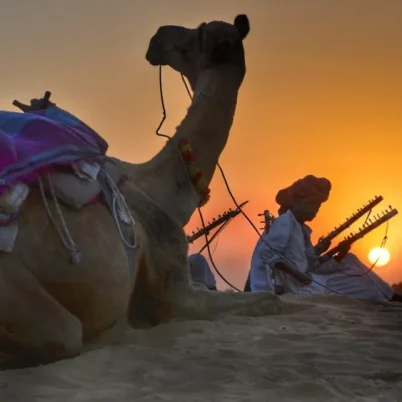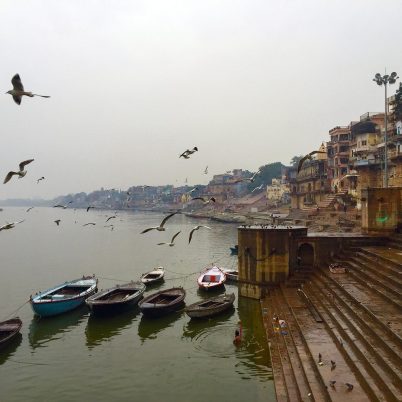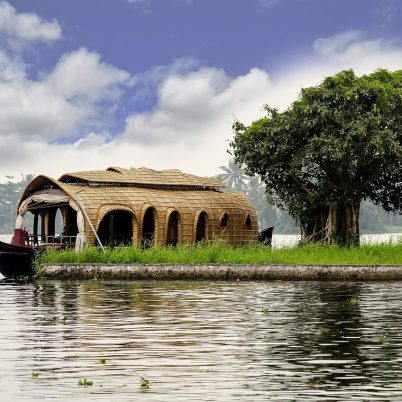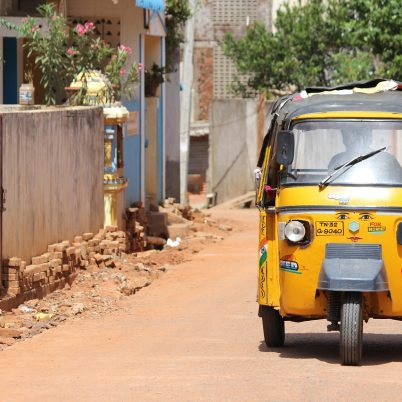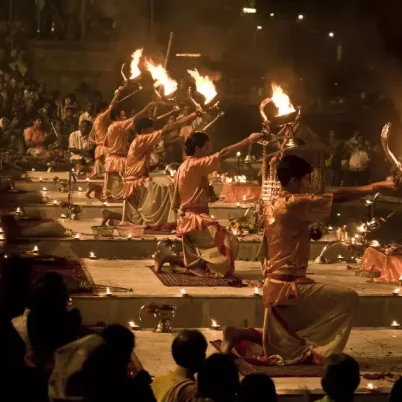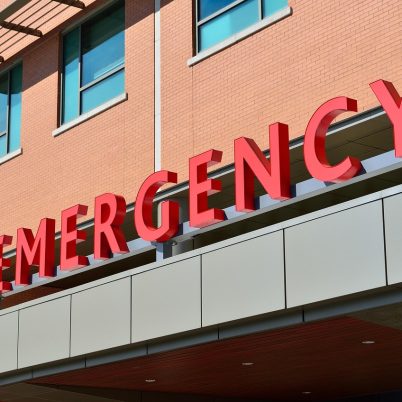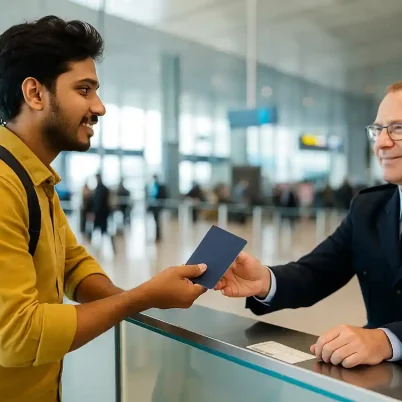
Indian food is an explosion of flavours, with each region offering something unique to people. However, when travelling in India, certain health and food safety measures must be taken into consideration to keep yourself safe from any diseases. “Health and food safety in India for foreigners” explains some measures to take related to food consumption and health in India. Read on for more!
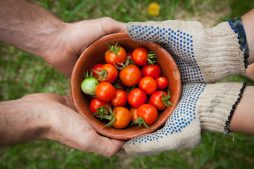
Water Safety
- Do not consume tap water anywhere in India. Tap water in the country is often contaminated, and consuming it will cause illnesses like diarrhea and vomiting.
- Sealed, bottled mineral water is your best bet in India. Buy from well-known brands like Bisleri or Aquafina. You might find knockoffs of these brands in many places, so always check the name, seal, and the branding tag before purchasing a bottle of water.
- Another alternative for bottled water is using portable purification devices like SteriPens and LifeStraw, which help treat the water once you put it in.
- Many hotels, hostels, and restaurants also have water purifiers for drinking water, which is usually safe.
- Avoid any beverages with ice in them, since the ice cubes may be made from unsafe water.
- If you don’t have access to bottled or filtered water, the best way to drink clean water is to boil it. The boiling process purifies water to a good extent.
- It is recommended to use bottled, purified, or boiled water while brushing your teeth as well.
- Using tap water for showering or washing your face is usually safe in India. However, avoid swallowing the water while bathing or washing your face.

Food Safety: What to Eat and Avoid
- It is best to eat freshly cooked hot food. Avoid consuming food that has been sitting out for a long time, as it can be home to germs and bacteria.
- Avoid consuming raw salads or vegetables, as they could be contaminated.
- Avoid pre-cut or peeled fruits since they are prone to unhealthy bacteria. Eat whole fruits that you can cut or peel yourself. Remember to wash them before consumption.
- During monsoons (June-September), avoid consuming seafood as heavy rains contaminate water sources, which increases the risk of foodborne illness. Preferably eat seafood in the coastal regions of the country, since they have the freshest produce.
- Be careful with street food. Eat at stalls where you can see your food being cooked. Hot and freshly cooked dishes are safe to eat. Visit stalls that are preferred by the locals and look hygienic.
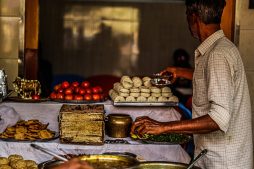
Eating Out
- Check ratings and reviews of restaurants on Google and food delivery apps before trying one out. Visit restaurants that specialize in the kind of cuisine you want to try.
- Indian food can be quite spicy for tourists. Before ordering anything, enquire about the spice levels of the dishes. If you do want to experiment with spicy food, ask the staff for dishes that cater to your spice tolerance levels.
- If you have a sensitive stomach, avoid street food or non-vegetarian food. Eat simple vegetarian food that is preferably cooked in front of you and served hot.

Hygiene Practices
- Wash your hands frequently, especially before and after eating, and after using public transport.
- Always carry a hand sanitizer with you, or keep wet wipes and tissues handy, in case soap and water are unavailable.
- Using public restrooms can be an unpleasant experience in India. Carry seat sanitisers and toilet paper in case you need to clean the seat before using it.
- Instead of using hand soaps in restrooms, carry hand sanitizers or paper soaps, which are safer alternatives.

Personal Health Precautions
- Carry a basic first aid kit with necessary medications like electrolyte sachets, anti-diarrhea medicines, ORS, or water purification tablets, including remedies for stomach upsets.
- Make sure your travel insurance covers medical emergencies.
- Consider a few recommended vaccinations, such as for cholera, typhoid, and COVID-19, before travelling to India.

Read more about Holding on to Hygiene in India.
Your trip to India can be safe and free from illnesses by taking necessary health precautions and consuming food mindfully! At India Someday, we plan customized trips to India for you based on your interests and requirements. Contact us and we will help you plan your perfect trip to India.
Frequently Asked Questions
Delhi Belly, or traveler’s diarrhea, is the most common issue, often caused by contaminated food or water. Other concerns include mosquito-borne illnesses like dengue and malaria, and respiratory problems due to air pollution in some cities, especially during winter months.
Always prioritize thoroughly cooked and hot food. Avoid raw or uncooked vegetables, peeled fruits from street vendors, and unpasteurized dairy. Stick to bottled water with an unbroken seal.
Yes, it is highly recommended. Medical facilities and treatment standards can vary, and specialized care might only be available in major cities.
helping you travel your way
Everything you need to know about India is here We have tried writing about everything you may need help with for your trip to India, If you need help in planning a trip to India Get in touch with us to to plan your trip of a life time.



